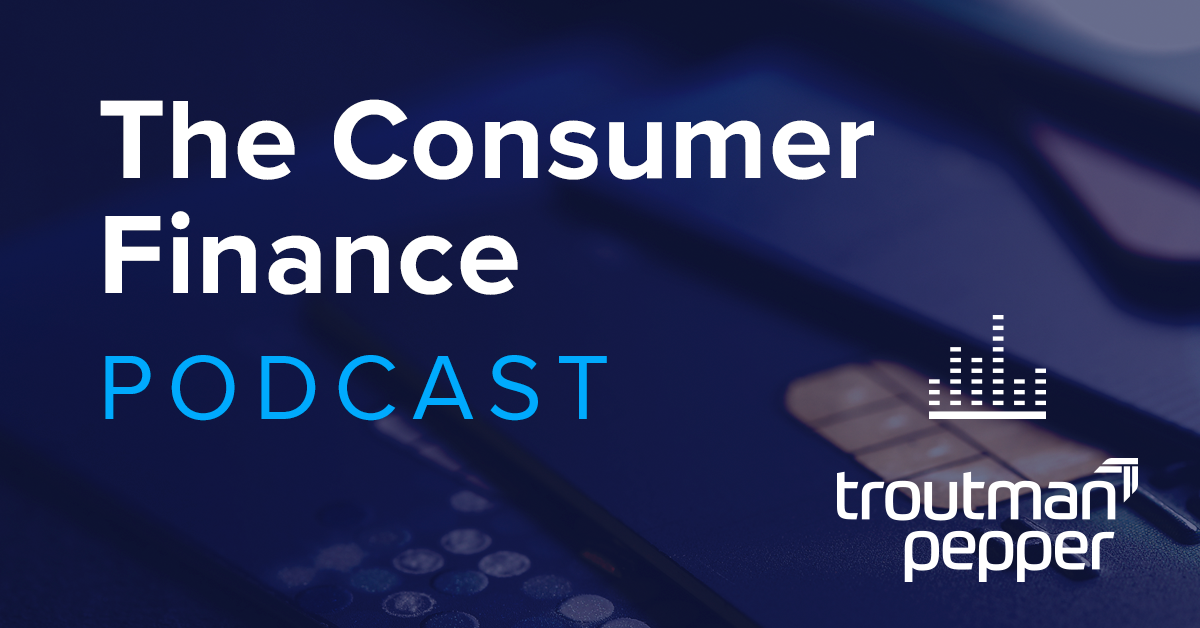Join us for the second episode of our Year in Review and a Look Ahead series, where we delve into the fintech world. Our host, Chris Willis, co-leader of Troutman Pepper’s Consumer Financial Services Regulatory practice, is joined by James Kim who leads the firm’s Fintech practice. They discuss the significant events in the fintech sector in 2023 and what to anticipate in 2024, covering key regulatory developments, the impact of the Consumer Financial Protection Bureau’s proposed rules, and the increasing scrutiny of fintech-bank partnerships. Don’t miss this insightful conversation as we navigate the evolving fintech landscape. Stay tuned for the next episode of our Year in Review and a Look Ahead series on The Consumer Finance Podcast, providing valuable insights for anyone involved in consumer finance.








